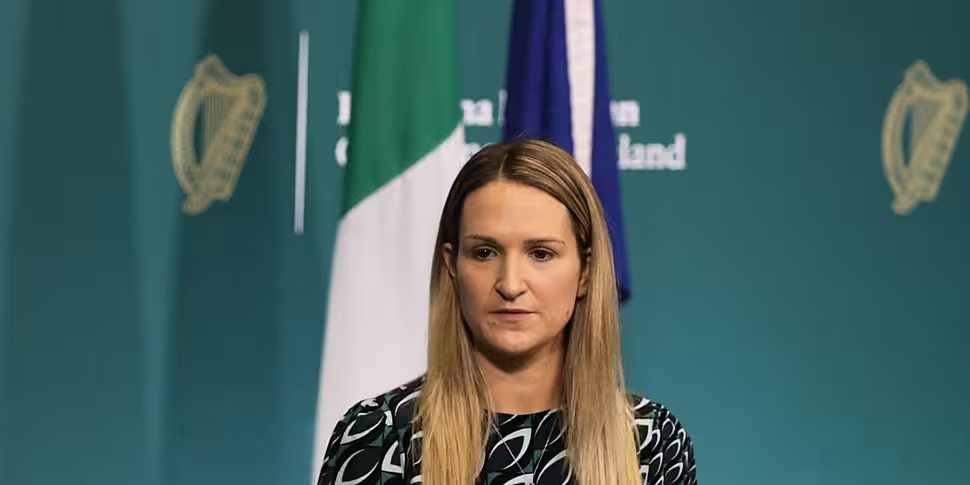Some 17,000 people are likely eligible for a new scheme, offering undocumented migrants a legal right to stay in Ireland.
That's according to Justice Minister Helen McEntee, who has opened the scheme for six months.
Successful applicants will receive immigration permission, access to the labour market and can also begin a path to citizenship.
Billed as a 'once-in-a-generation' scheme, applicants must have a period of four years undocumented residence in the State - or three years in the case of those with children.
They must meet standards regarding good character and criminal record/behaviour, and not pose a threat to the State.
However having convictions for minor offences will not, of itself, result in a disqualification.
Those with an existing deportation order can also apply, if they meet the minimum undocumented residence requirement, as can people with expired student permissions.
Minister McEntee told Newstalk Breakfast the overall figure includes some 3,000 children.
"As of today, if you are in an undocumented way in this country... you can now apply for a scheme that would create a pathway for you, firstly, to have legal access to the labour market - but secondly that you could potentially continue on that path to citizenship.
"Working with the Migrants Rights Centre and other organisations, we have a general sense of a figure of around 17,000.
"That potentially includes about 3,000 children in it - but the nature of this means we don't have the exact figure.
"But I think we need to see as the scheme opens today, and the coming weeks, the numbers of people that respond."
And Minister McEntee says the Government has reached out to certain cohorts.
"And we really have tried to make sure - that either through the organisations that we've been dealing with, or even through embassies where we know we have particularly large numbers of citizens from certain countries - we've reached out to them, we've asked them to reach out to their communities to encourage people to come forward.
"You have people who are in very vulnerable situations, often, as well who don't engage with the State - who live somewhat in the shadows for fear of deportation or for fear of being removed from the State.
"So we've really tried to reach out to make sure that anybody who can avail of this scheme, that they do avail of this scheme".









